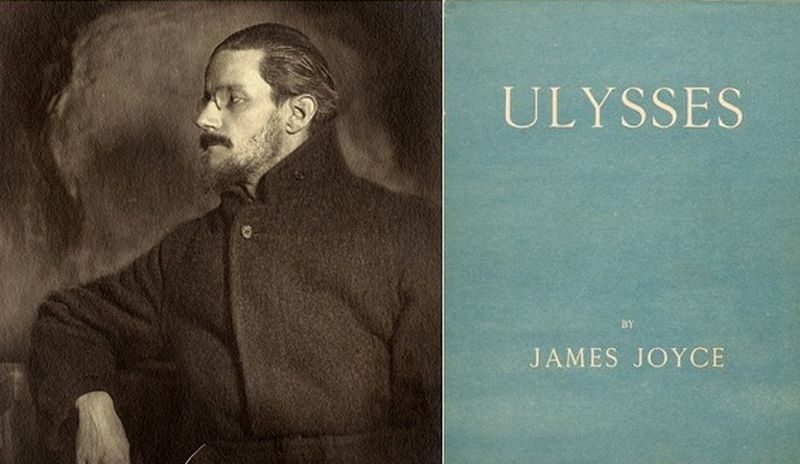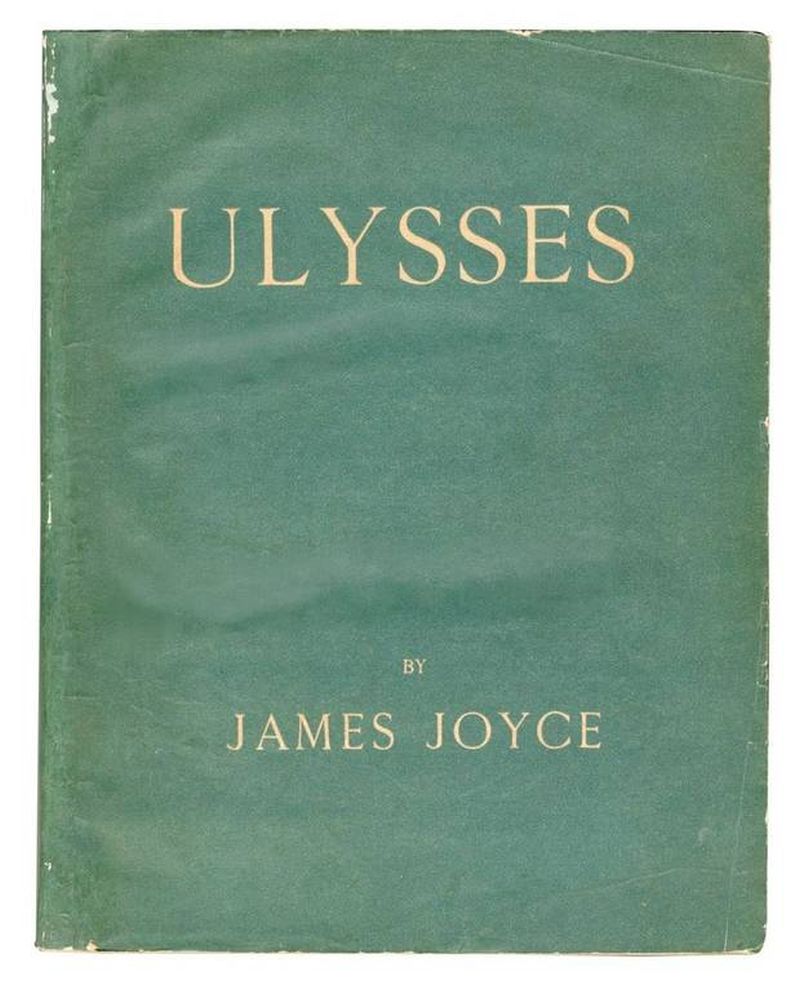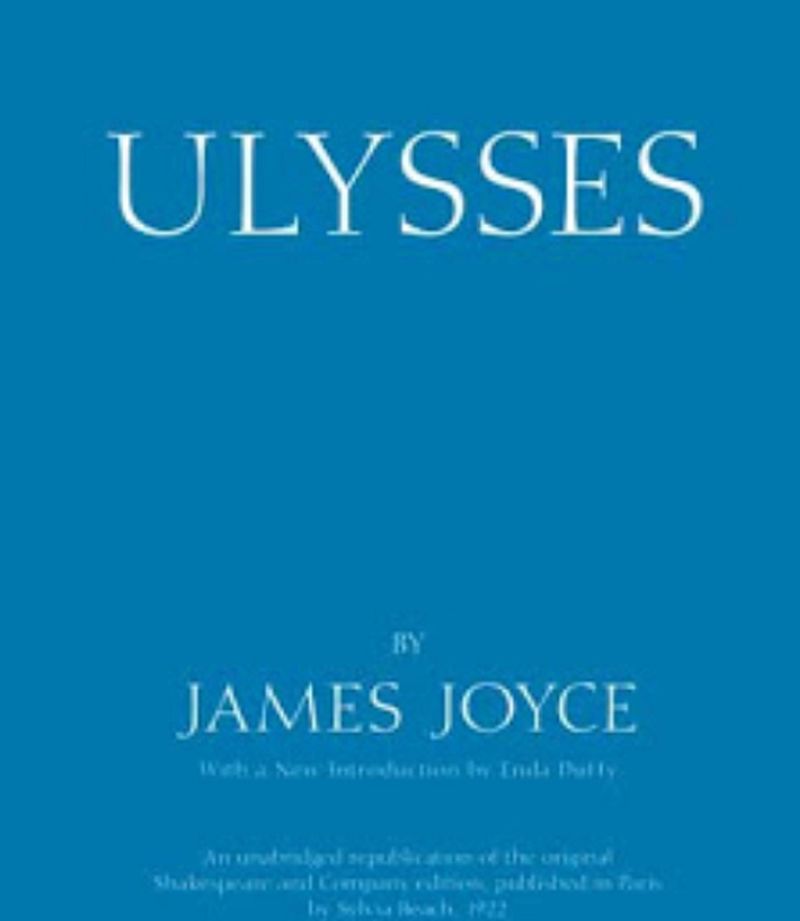If you are an avid reader then you might have come across the name of this book very often. It is there in most of the greatest books of all times list, and internet is filled with readers and critics who tell you how great it is. But just in case if you yourself have ever tried to read it, you might know how difficult it is. It is not just 1000 pages long, the prose that James Joyce has used in this book is also very complicated and experimental. It is certain that you might have to spend days poring over a single page, and the book isn’t the only one you would be reading, you would need help of many other books to properly understand Ulysses.
So, the question comes here, is reading James Joyce’s Ulysses really worth it? Why should you read it? Considering the effort that you’d be putting in order to read it, is there anything that you’d be getting out of it? Would you able to understand Ulysses?
Well, as anticlimactic as it may seem, the answer to all your above questions is ‘Yes’. So, if you’re thinking about reading this book or if you are reading it right now and looking for reasons to not to put it down, here are four points that explain why reading James Joyce’s Ulysses is totally worth it.
It is a modern epic
Image Source : newyorkirisharts.com
Ulysses is a parody of Homer’s Odyssey, but if modern literature has rightfully produced an epic then it is definitely the one. Epic in ancient times were one of the few books that masses had an access to, and as the masses did not have much to read, they used to swallow everything written in the scriptures as the truth. However, at present, this is not the case.
Nowadays, if you are reading something written by contemporary authors especially when it is about mythological figures, we perceive it as something distant from our lives. We know that what we are reading is not the truth. We read it just for fun. We check the veracity of the things by comparing them to our personal experience and the world is not enveloped in a sense of wonder as it was in the ancient times.
Ulysses with its overly human and real characters restores our sense of wonder. We can relate to the characters because they are so much like us. Every ancient epic (whether it is the Indian epic Mahabharata or the Greek epic Odyssey) had main characters that personified the ideals of the age. They told us about the inner and outer greatness that a human can achieve. Ulysses, on the other hand, doesn’t tell you about what we ‘could be’, ‘should be’ or ‘would be’, it tells you about what we really are, and the main characters of the story are surprisingly human and relatable.
It shows us how fragile language is
Earlier, before the invention of cinema, people used to take writing very seriously. Reading was one of the primary sources of entertainment. But, after the advent of cinema, people shifted their focus because they found it easier to relate to the images on the screen when compare to the letters inside the book. Even an illiterate person, who didn’t know much about a language, could enjoy a nice Charlie Chaplin film.
James Joyce in particular belonged to the generation that saw the advent of the cinema. He was aware that stories can very easily be adapted into movies. He was one of those writers who were starting to have the dilemma that why should a writer write when stories can be better represented in the form of movies? When movies can show you so much, why would anyone want to read books?
James Joyce had an answer to this question. He immortalised his book by exploiting as well parodying something that is exclusive to books, written language. He is probably the only writer, apart from Shakespeare, who has experimented so much with English language.
In his book he parodied many of the writing styles of English writers before him, and used language in such a grotesque and ribald way, that one can’t help becoming aware of the fact that language wasn’t something given to us by God, it was something invented by humans like us. We can and we should modify it based up on our present day needs.
It is extraordinarily ordinary
 Image Source : assets.signature-reads.com
Image Source : assets.signature-reads.com
Ulysses doesn’t tell you about extraordinary human beings, heroes, achievers, and people who had very strong passion in their lives. It tells us about very ordinary people, the kind of people you would sometimes come across in the streets or in a petty restaurant or in a bus. The type of people you usually forget about just because they appear so ordinary.
In Ulysses James Joyce tell us just how extraordinary this very ordinary human being is. He meticulously explains what goes on in his mind, how intelligent and empathetic he is, and despite all that (or because of all that) why is he doomed to be unsuccessful and alone. By giving us a glance into the soul of his characters, he shows us that people whom we discard as ordinary can show us the very qualities that make a man extraordinary. We just have to look deeply enough and what we term as ordinary suddenly becomes extraordinary.
It challenges our ideas about History
By showing us how much happens in a day, James Joyce’s Ulysses challenges our preconceived notion of space, time, and history. It is impossible for us to remember everything that we did in a single day, more so when it is about the lives of others. But, this is precisely what history is about, having the knowledge about other’s lives and important events that happened to them. History is so full of speculations, and yet quite often it is forced upon us with such a singular authority as if it tells us the complete truth.
James Joyce parodies the very idea of history. Ulysses is full of people talking about history, but they mostly do it as a mean to fulfil their own selfish means. It brings to light very important issues like misogyny and anti-Semitism, and how both our history and religion are constantly manipulated to bring them in accord with such ideals. After reading James Joyce’s Ulysses, you would become painfully aware of such loopholes, and you would never be able to consider history without scepticism.
Is that why you should read Ulysses? Image Source : cdn-04.independent.ie
Image Source : cdn-04.independent.ie
Ulysses is multilayered book, it is impossible to define its depth and complexity in a single article. To avoid any type of spoilers, we have carefully avoided disclosing anything related to the plot of the book. But considering there are myriad plots, the plots themselves are very important.
While reading James Joyce’s Ulysses, you’d probably discover more than you ever imagined you would. You are most likely discover things that nobody told that you’d find in the book. So just read it and be changed, don’t worry about the time and effort that you put into it, the book is really worth it.




